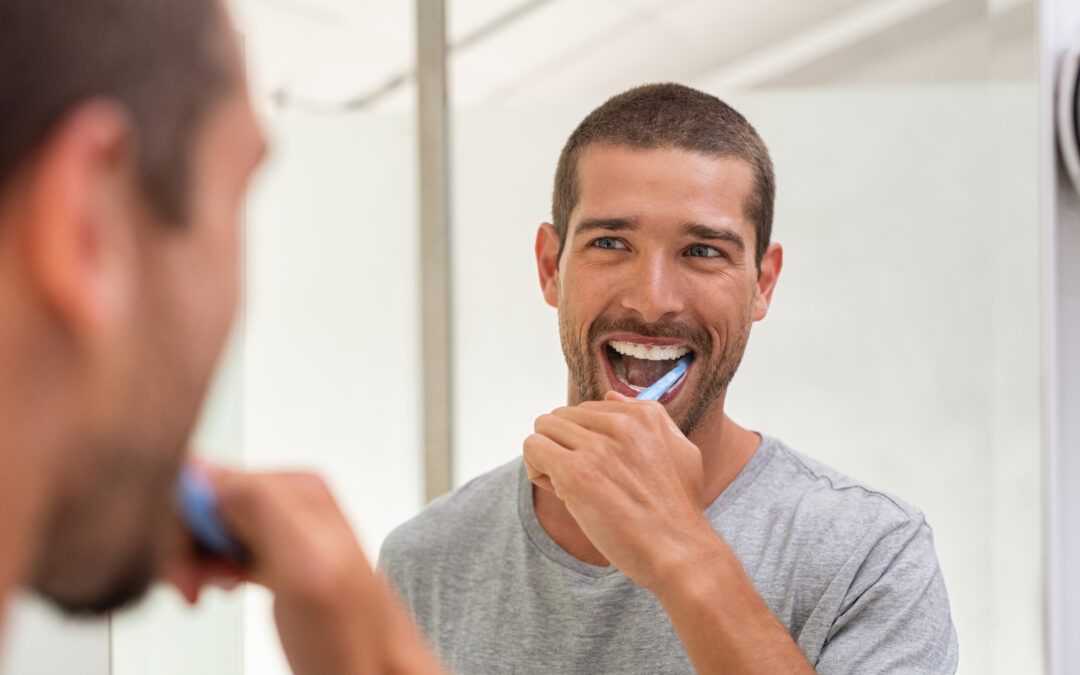Today we’re going to discuss morning habits to help with sobriety. For those with substance use disorder, getting sober isn’t just about putting down a drink or a drug. Frankly, that is just the beginning. Just as addiction revolves around the constant obtaining and using substances, recovery and sobriety are also lifestyles. Every action throughout the day is either moving toward addiction or toward recovery – which are you feeding?
In early sobriety, it’s important to get some physical time away from substances. If we are not removed from using, the likelihood of change is incredibly limited. How we get separated is individualized based on each person’s situation, safety, and needs. Some folks will need to go to Detox or Residential treatment to enable themselves to fully get substances out of their system and others will be able to make slight changes in environment or relationships to start the shift.
One simple way to get started is by attending recovery support meetings/programs and making connections with other individuals in recovery. Early sobriety is about reprogramming the brain. In active addiction, healthy habits are not typically a priority and they do not tend to make it into the daily routine. As we enter recovery, creating structure, space for self-care and positive coping skills are essential. This task in early sobriety can seem daunting as it’s hard to know where to start.
Habit Stacking
We’ve put together a habit starter pack for morning practice – some small shifts to routines that can bring big changes in perspective and outlook. These are suggestions that can complement attending outside support meetings and getting involved with a recovery community. Creating a morning routine and associating new habits with actions already established is a process called habit stacking.
- Drink a glass of water. This is a small action that requires minimal effort with great benefits. In active addiction water was never the drink of choice. Hydrating first thing can help improve digestion and energy levels. This first simple task can also be the segway to the next move! Keep the cup by the sink or fill the cup and leave it next to your bed upon waking.
- Make your bed! This is a productive action, bringing a feeling of accomplishment even if it’s small. This can help create an intention for the day.
- Write something positive down, anything. If you’re really ambitious, write a quick gratitude list! This helps open the mind and shift perspective to appreciate what one has rather than what one is lacking. For the addict, who is familiar with always wanting more, this is a gentle reminder to live in abundance and contentment and appreciate what one does have like food in the fridge, shelter, clean water, socks, hot showers. Ways to make it easy: put a journal somewhere convenient – the bathroom, next to the coffee machine, next to your bed. Or set up an accountability group text with some friends who would be interested in doing a gratitude list.
- Meditate! Set the timer for 5 minutes and practice, perhaps start with a daily reading or prayer. More likely than not, the thought might come up “I’m not doing this right”. Finding a guided meditation app can be helpful in exploring different types of meditations and learning what it looks like and feels like. Meditation has many benefits and especially for those afflicted with substance use disorder, it’s proven to reduce anxiety and depression, improve connection to inner self, create a sense of calm and peace and even decrease physical pain. It can help slow down the mind and put some space between a thought to use a substance and the action of picking up, or the pause between having a feeling about something (a trigger) and reacting.
- Move the body! Moving the body could be as simple as a few stretches or a short walk outside. Move a muscle change a thought is heard in the recovery community, suggesting taking an action and the brain will follow.
- End a shower with cold water! Standing under a cold shower has shown to reduce inflammation, build resiliency, boost the immune system, and reduce stress and anxiety. Start small and build the time under the cold water – moving through discomfort is a great skill to practice as life in early recovery is often uncomfortable. While cold plunges have gotten a lot of traction recently, a cold shower is easier to practice and habit stack.
Habits can be difficult to create. It’s been suggested that stacking habits (adding a habit into the stream of actions that’s already part of the routine) makes it easier to start the process. Meditate while the coffee is brewing or write a gratitude list before getting out of bed. Say positive affirmations while brushing your teeth or use the daily commute to work for breathing exercises. Creating a morning routine, while personal and flexible to the individual, greatly benefits the lives of those with mental health conditions including substance use disorder.


Recent Comments